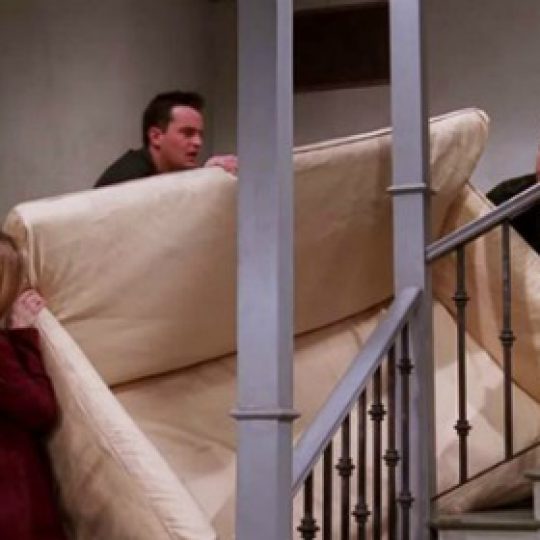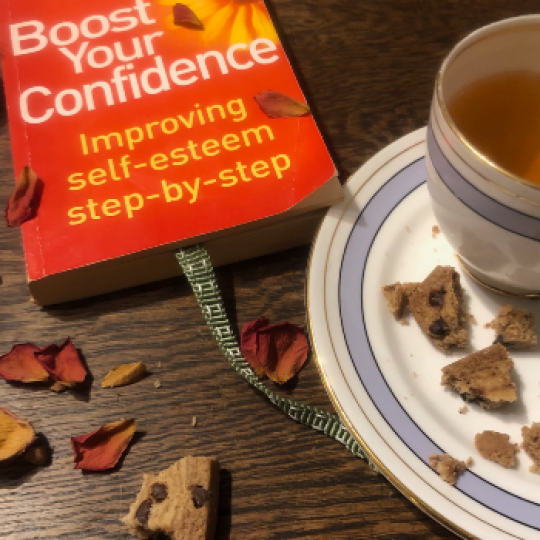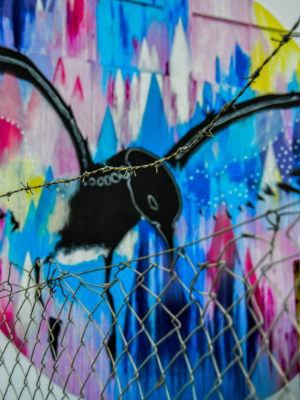
After introducing herself, she throws out the idea …
“What if you only ever had one great success?
AND…What you’ve already had that one great success?”
Like Elizabeth, I once upon a time told people I wanted to be an author or columnist only to be told “you have to be really good to make any kind of living from being a writer“. I personally took that to mean I wasn’t any good, so my anxieties and I simply packed that idea into a wee box, shelved it, and moved on. For a long time I didn’t write, or I wrote fleetingly, or I wrote in secret just for me … but it was never enough to truly satisfy and never long enough to be much of anything. I was holding myself back, just in case I failed.
Elizabeth touches on the association between creatives and alcoholic manic-depressives, and she’s right, across all kinds of creative genres over many centuries there is a history of mental instability. Realising her best and most noteworthy work may in fact be behind her, Elizabeth researched and devised a plan to create a safe distance between her creativity and writing and her natural anxiety.
The notion surrounding creativity and artists held by Ancient Greece and Roman was one I could get behind, they believed that an artist had within themselves a spirit that helped their work – called a daemon or a ‘genius’. This idea protected the artist from criticism and narcissism – it wasn’t their creation so to speak, and therefore they could not take all the credit or all the blame. A handy way around things.
However, it was during the Renaissance period that the language around creativity and artists morphed, so that instead of possessing a genius the artist was a genius – making them almost responsible or accountable to their critics. Being a ‘genius’ rather than having ‘genius‘ led to what being an artist or creative has become today, a distortion of ego, magnified anxiety and unmanageable expectations and potentially what has been leading huge numbers of artists, musicians, writers and actors to become depressed.
Elizabeth encourages us to treat creativity as an unpredictable, impulsive entity, separate from ourselves as an individual person, and that we the artist shouldn’t feel distressed when we’re feeling temporarily uninspired. Sharing a story about the creative ups and downs of musician Tom Waits , she shows us a new way of approaching the creative process.<
I love Elizabeth’s idea of dissociating an artist from their work, a frustrated and tormented soul is unlikely to keep producing creatively. Elizabeth speaks candidly and convincingly, peppering her talk with relatable and helpful anecdotes and wonderful metaphors means it’s digestible, interesting and easy to watch.





